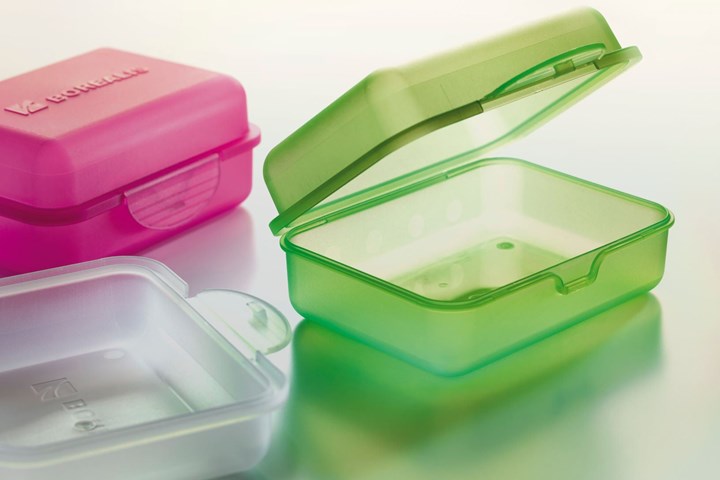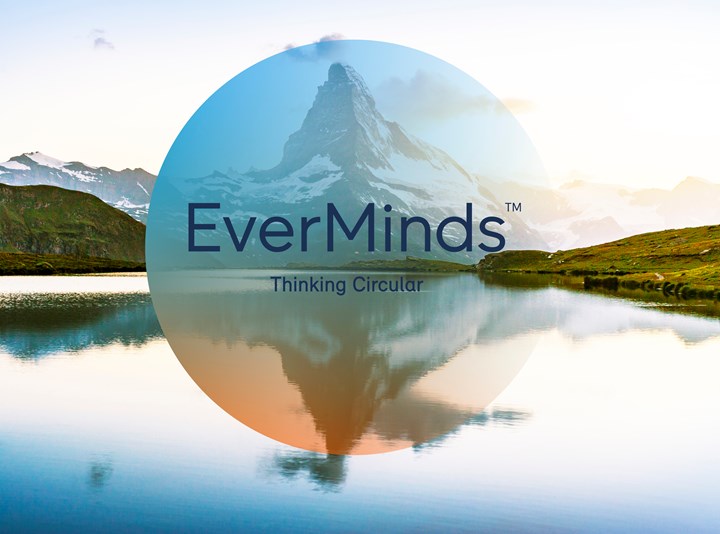Materials: 'Premium' Polyolefins Produced with Renewable Feedstock
Borealis’ Bornewables portfolio of circular polyolefins are made from renewable feedstock derived from waste and residue streams.
A new portfolio of circular polyolefin products produced with renewable feedstock derived entirely from waste and residue streams has been launched by Austria’s Borealis (U.S. office in Fort Murray, N.J.). The Bornewables are said to be premium polyolefins in that they offer the same material performance as virgin polyolefins, yet with a reduced carbon footprint. As an important extension of the existing range of value-adding Borealis polyolefins, the Bornewables may be used for any number of applications in all industries, including hygiene and food-contact. Using these innovative and more circular products will help enable Borealis customers to meet their own sustainability targets while maintaining existing quality standards.
The introduction of the Bornewables portfolio is another example of the ways in which Borealis is putting its EverMinds set to work in developing innovative technologies and products which help accelerate the transition from a linear to a circular economy. The company says its customers can now employ an alternative to conventional fossil fuel-based feedstocks, thus lowering the carbon footprint of their own products without having to compromise on either quality or performance.

While fossil fuel-based feedstocks will continue to be a mainstay of international Borealis polyolefins production operations, significant strides have been made towards the use of more sustainable feedstocks in large-scale commercial manufacture. For example, this past March, Borealis began producing PP resins based on renewably-sourced feedstocks, such as Neste-produced renewable propane, at its Belgian facilities in Kallo and Beringen.
Unlike renewable feedstocks produced with agricultural crops grown for food and livestock feed, the Bornewables are made of renewably-sourced feedstocks derived solely from waste and residue streams: from vegetable oil production as well as oil waste and residues; the timber industry; the food industry – for instance, used cooking oil. From a sustainability perspective, reusing waste to manufacture renewable feedstocks further enhances the Bornewables appeal.
The entire Bornewables portfolio has been ISCC Plus (International Sustainability & Carbon Certification) certified. This certification system ensures the traceability of the renewable, sustainably produced feedstock from its point of origin through the entire chain of custody.
Says Lucrèce Foufopoulos, Borealis executive v.p., polyolefins, innovation and circular economy solutions, “In the spirit of EverMinds, we continue to offer customer high performance solutions while enabling them to realize their sustainability goals. Everyone benefits from products with a lower carbon footprint and reduced dependency on fossil fuel-based feedstocks. This is how Borealis is reinventing for more sustainable living – because life demands progress.”

Related Content
-
Best Methods of Molding Undercuts
Producing plastics parts with undercuts presents distinct challenges for molders.
-
Wisconsin Firms Unite in Battle Against Covid
Teel Plastics opened new plant in record time, partnering with AEC & Aqua Poly Equipment Co. to expand production of swab sticks to fight pandemic.
-
‘Monomaterial’ Trend in Packaging and Beyond Will Only Thrive
In terms of sustainability measures, monomaterial structures are already making good headway and will evolve even further.












